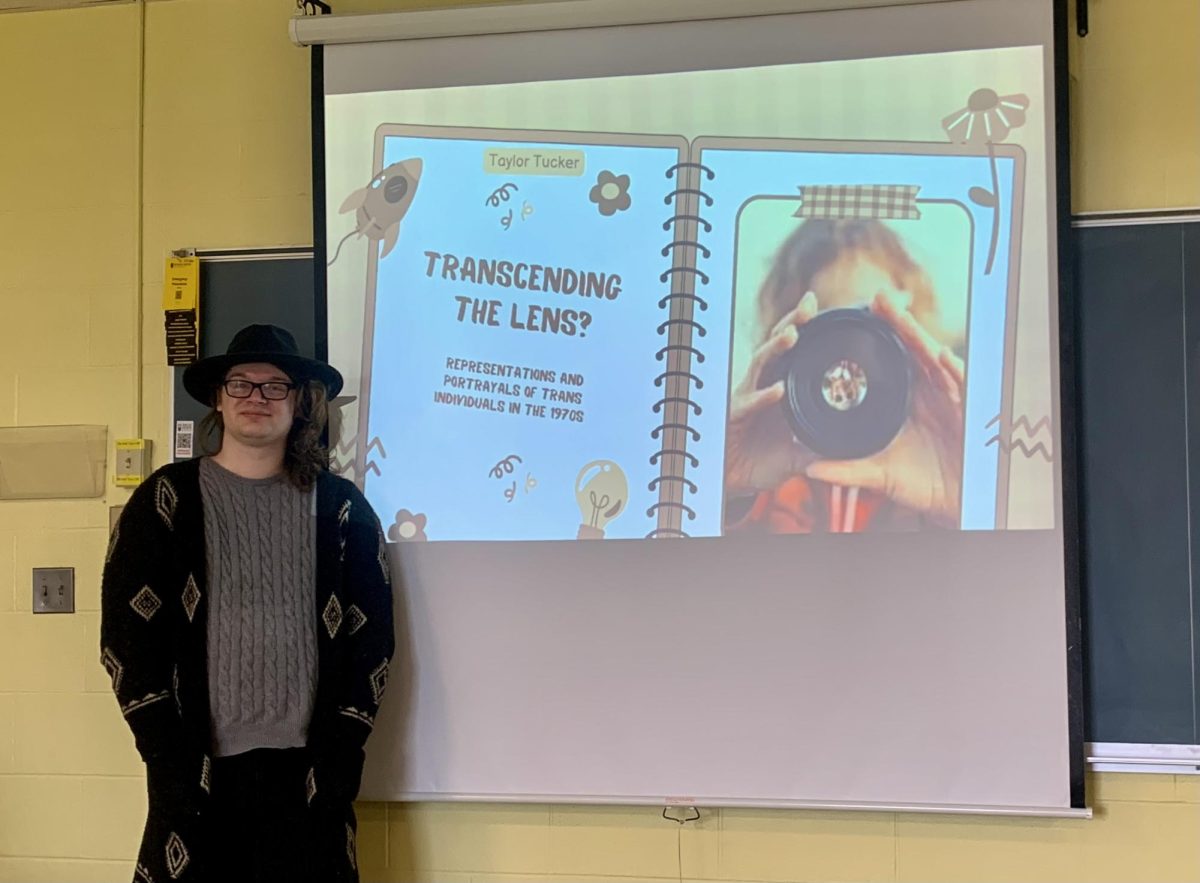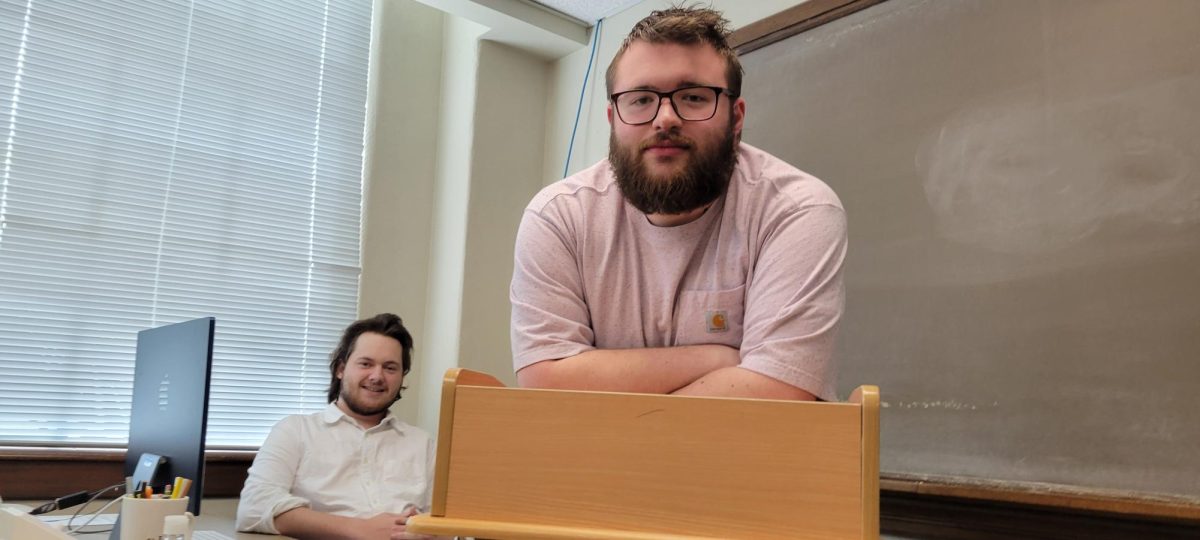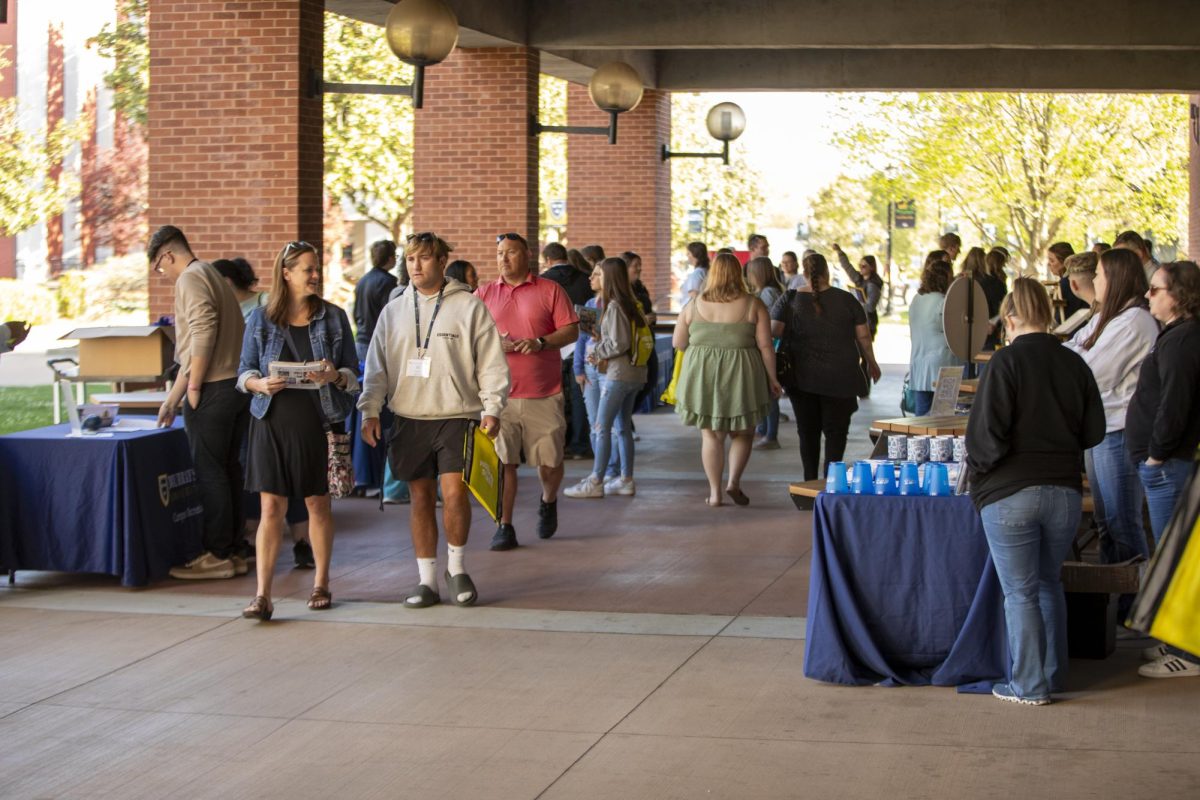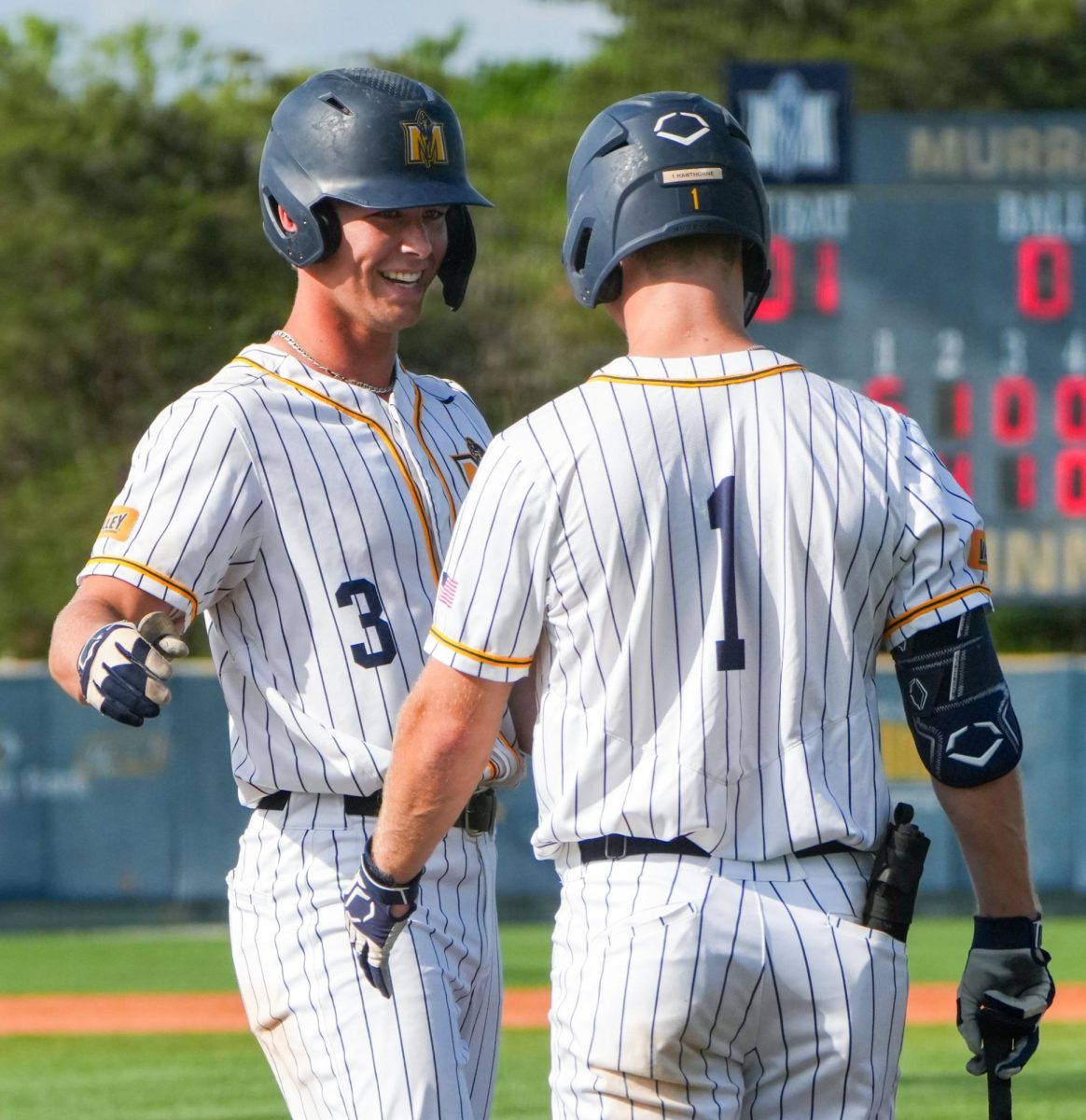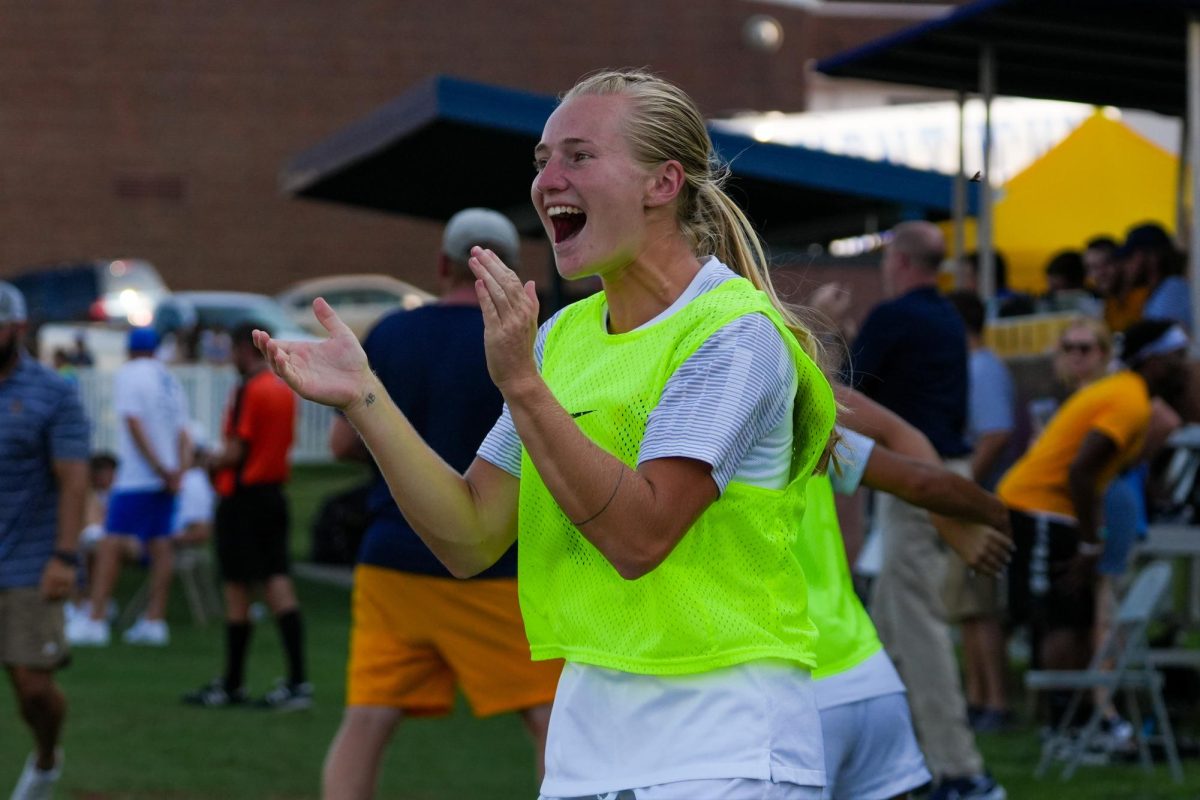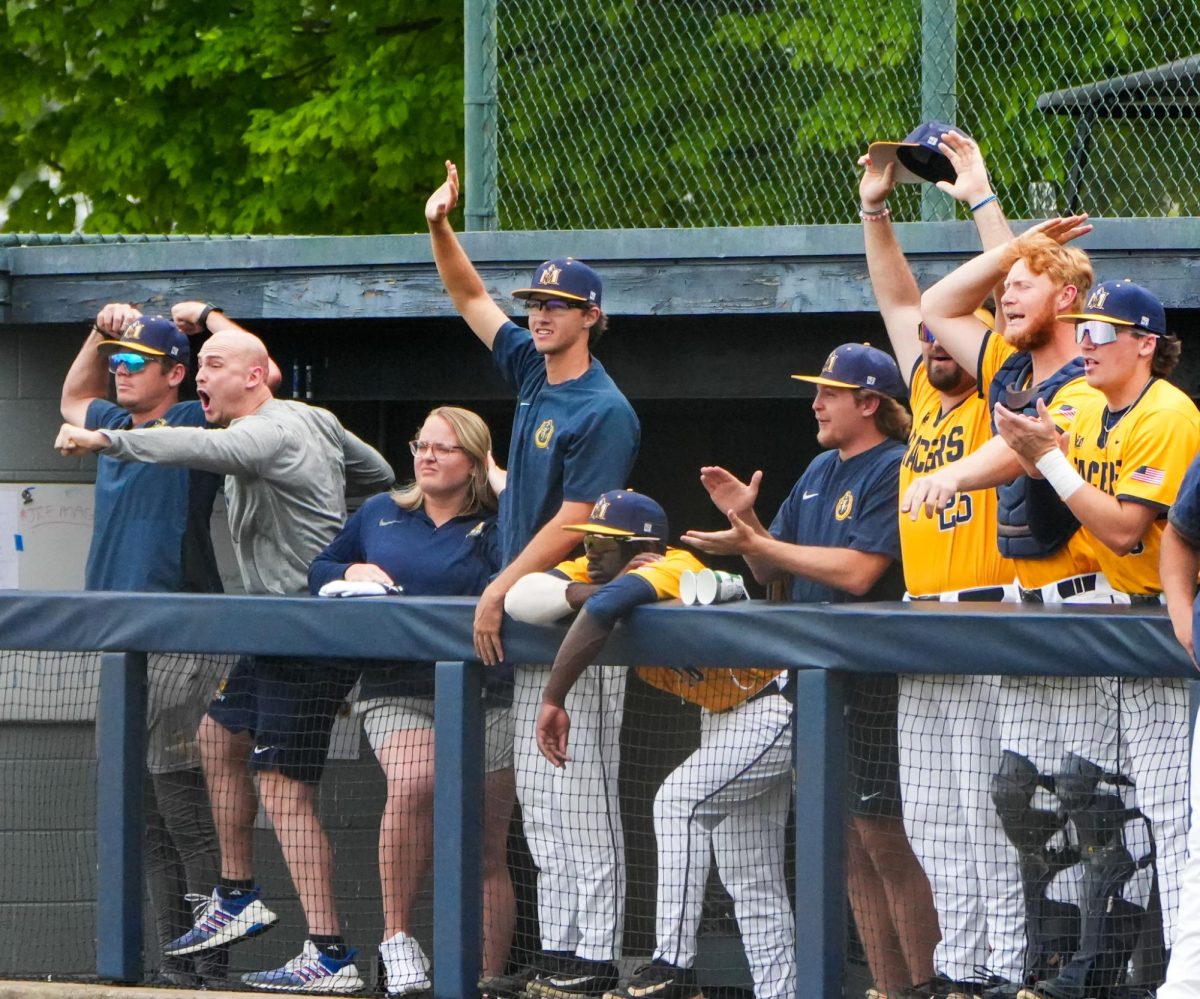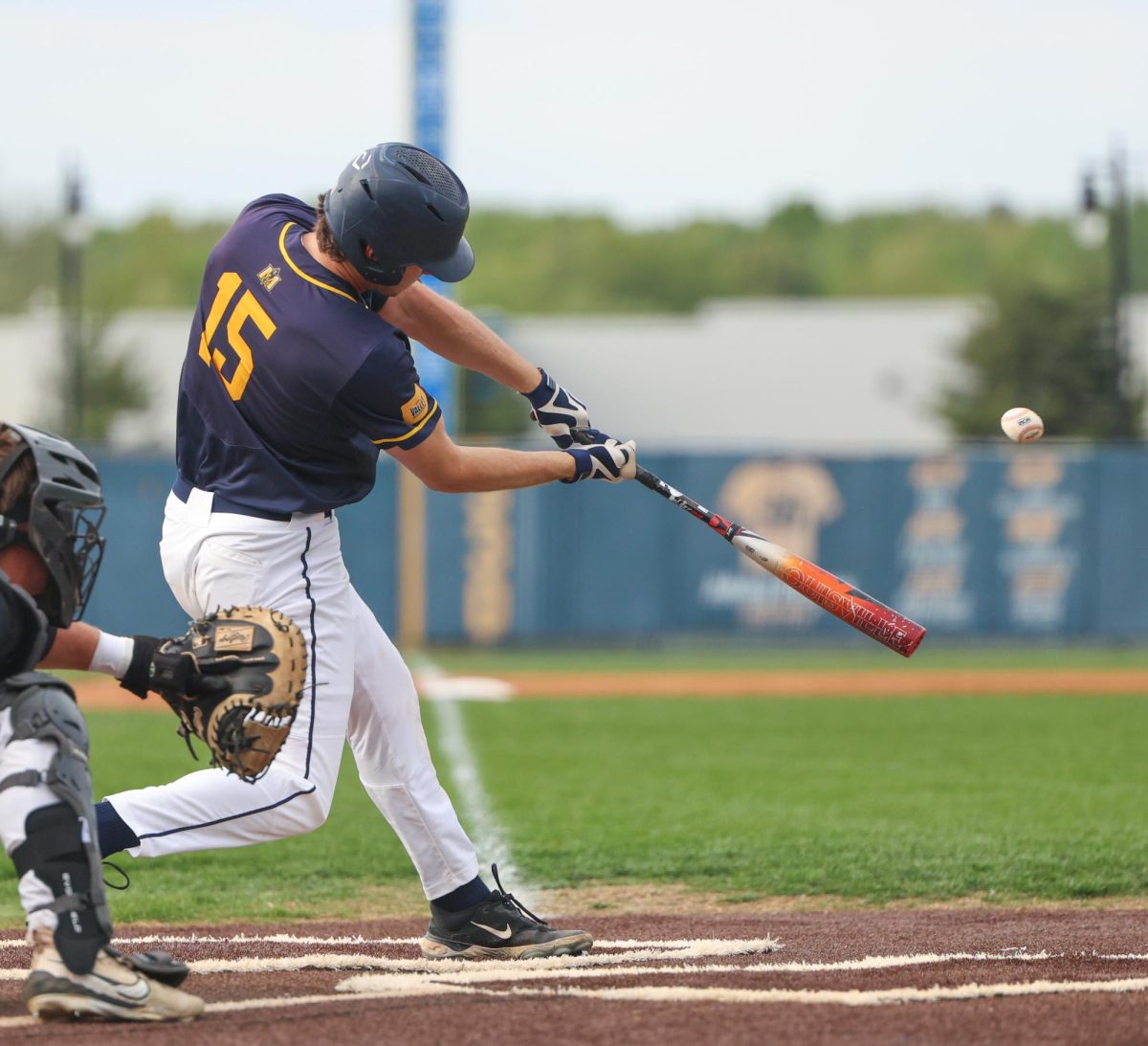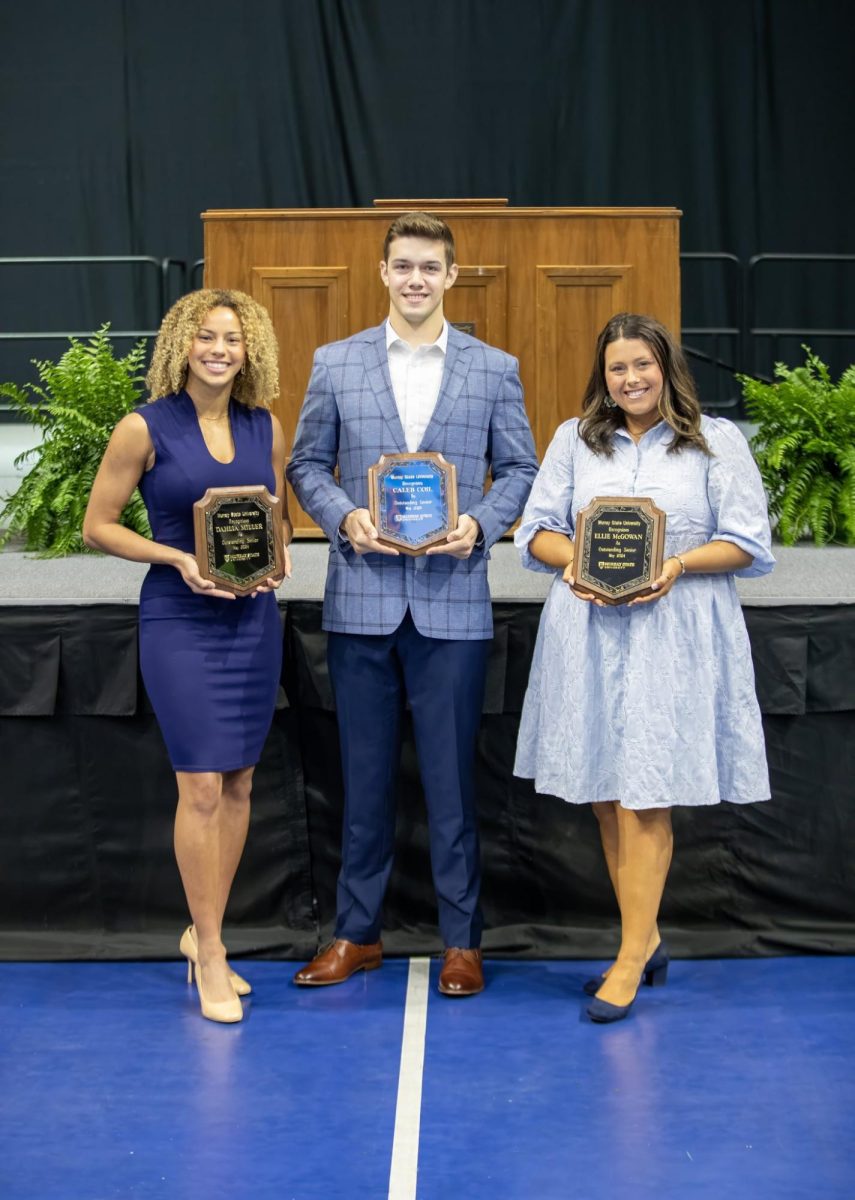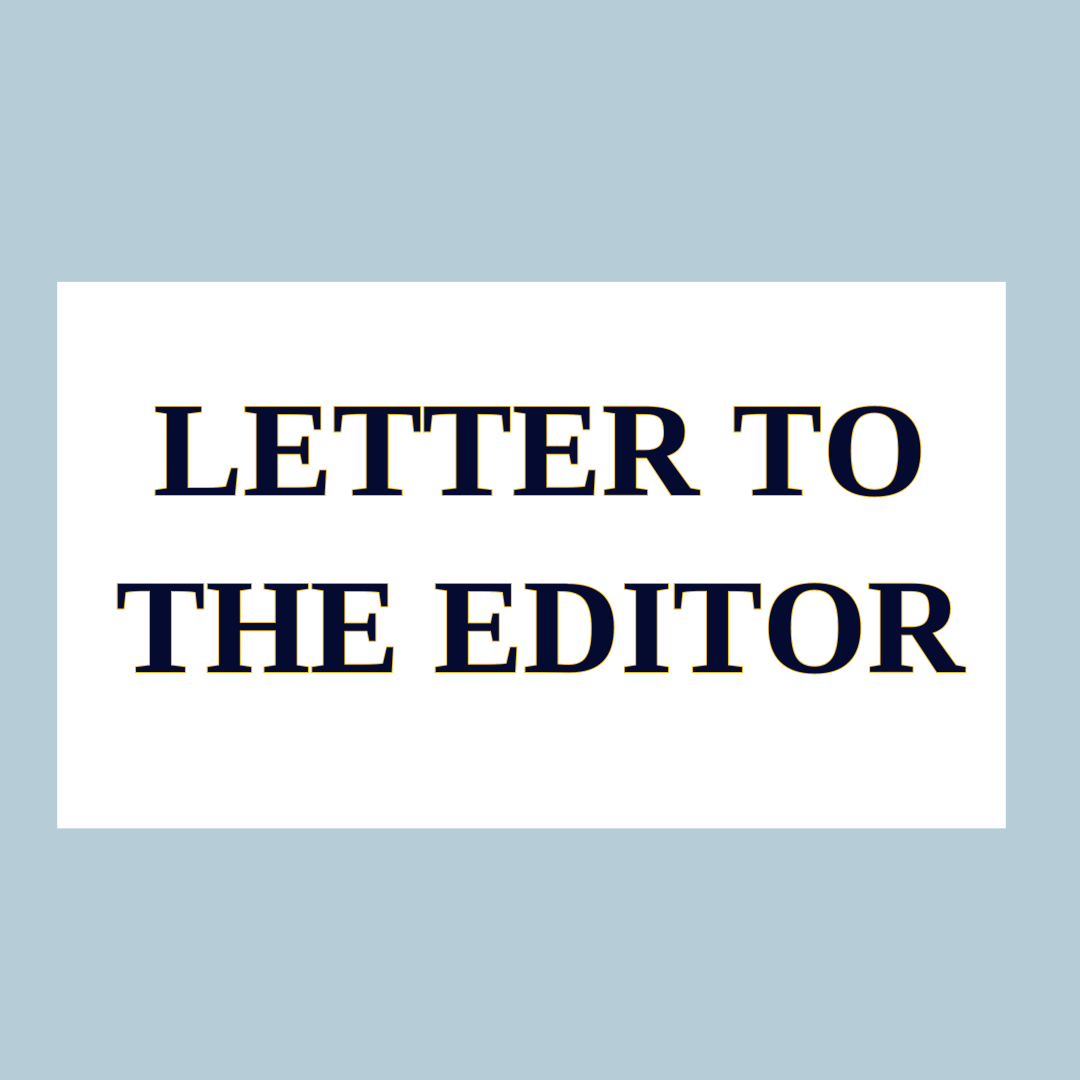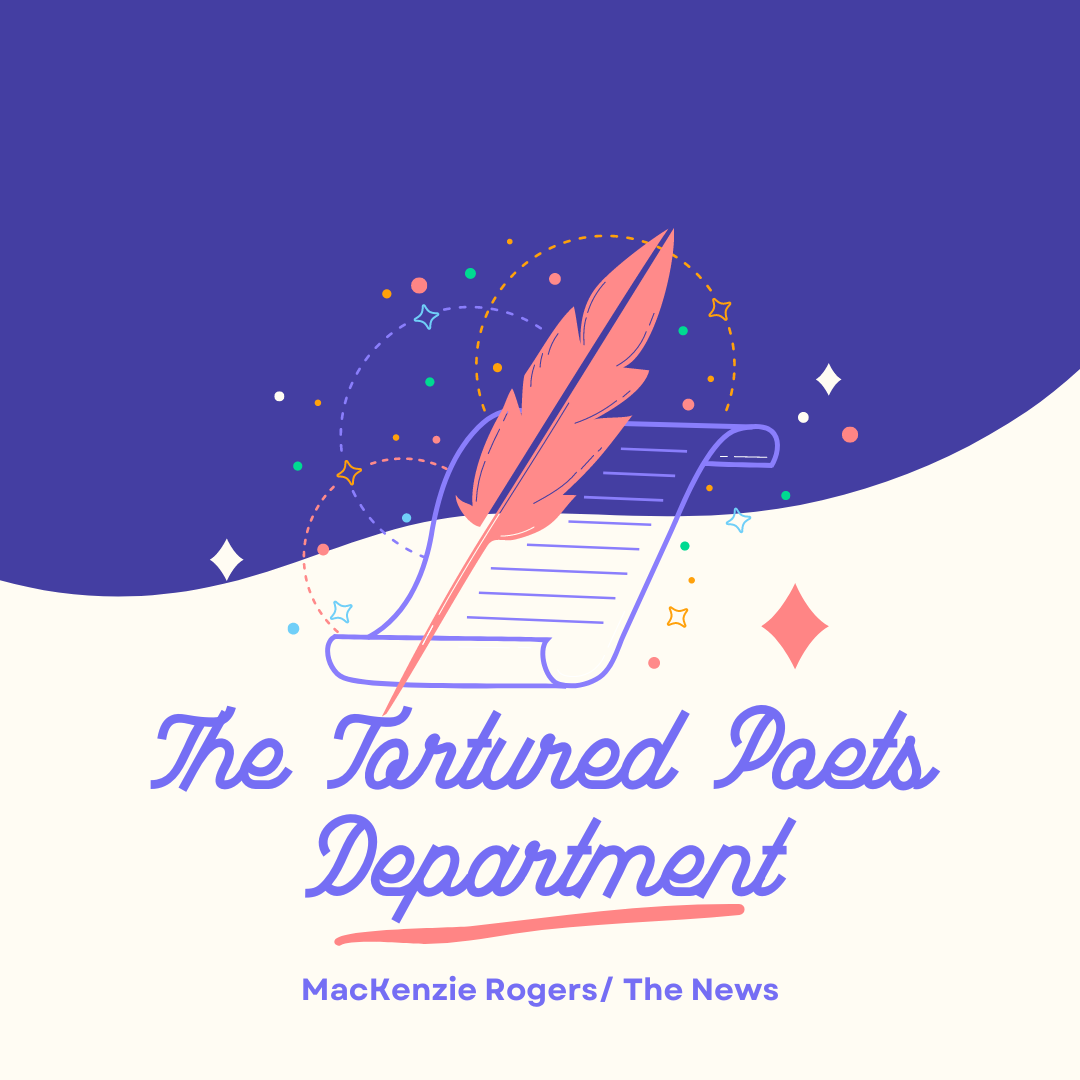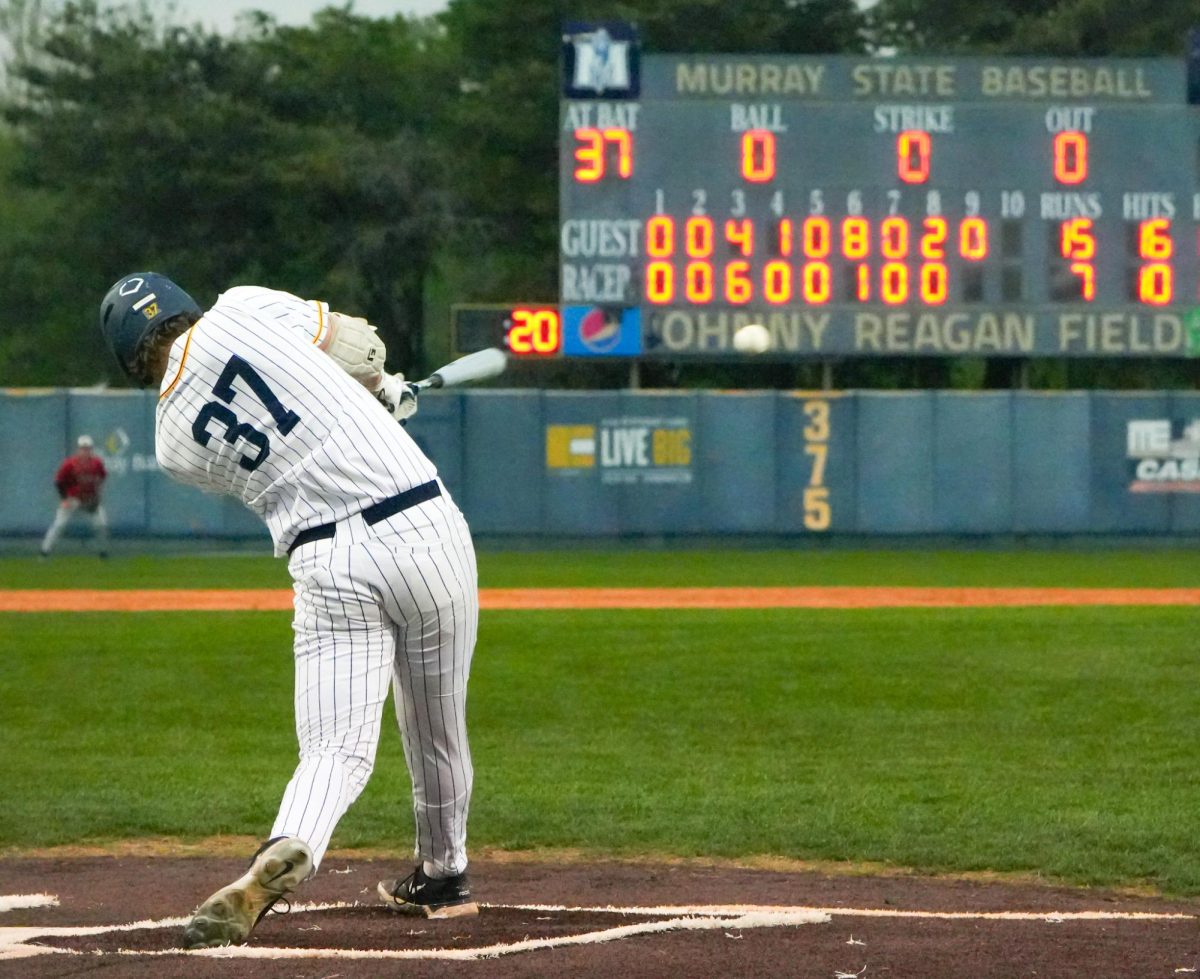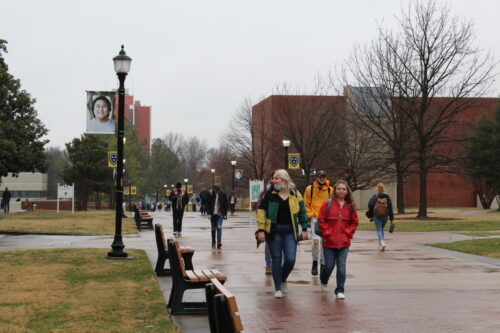Jill Smith
Staff Writer
[email protected]
Gov. Andy Beshear reported Jan. 21 as the highest COVID-19 positive case report since the beginning of the pandemic. In response to the Omicron variant and rise in cases, the University has taken precautions as the spring semester begins.
Kentucky, including Calloway County, continues to be in the red zone as more people are reporting infections, according to Team Kentucky. The Calloway County Health Department reported 131 new cases on Jan. 19.
“On 1/19, the total case count was at 7,530 with 21 hospitalized and 74 deaths,” according to the Calloway County Health Department website.
Bob Jackson said the University continues to evaluate the impact of the pandemic.
“Murray State University evaluates all matters regarding the pandemic on a daily basis and will respond as recommended by our local and state healthcare providers, the Calloway County Health Department (CCHD) and [Centers for Disease Control and Prevention] guidelines,” Jackson said. “Murray State also continues to have a very good working relationship with the CCHD along with the Department for Public Health, and remains in constant contact with our state, local and federal health officials.”
Murray State administration announced via email on Jan. 18 that all COVID-19 protocols from the fall semester would remain in place for the spring semester.
According to the Racer Safe and Healthy Guidelines on the University’s website, “Face masks/coverings will continue to be required indoors, for all individuals, vaccinated and unvaccinated, in all campus locations, including classrooms. This includes visitors to campus and applies to all Murray State buildings in all locations.”
The University has provided students, faculty and staff with two KN95 masks to use during the semester. Fully vaccinated faculty members, including boostered individuals, can choose to not wear a mask in office, classroom, laboratory or other work spaces if they are safely distanced from others.
According to the CDC website, the Omicron variant is more contagious than the Delta variant, but the symptoms are less severe — especially for fully vaccinated individuals.
“With other variants, like Delta, vaccines have remained effective at preventing severe illness, hospitalizations and death. The recent emergence of Omicron further emphasizes the importance of vaccination and boosters,” according to the CDC website.
The CDC released a statement on Jan. 14, encouraging individuals to wear N95 or KN95 masks.
“Loosely woven cloth products provide the least protection, layered finely woven products offer more protection, well-fitting disposable surgical masks and KN95s offer even more protection and well-fitting NIOSH-approved respirators (including N95s) offer the highest level of protection,” according to the CDC website.
Several Kentucky universities, including the University of Kentucky, have opted for mandated vaccinations and testing for unvaccinated individuals, but Murray State maintains its current policies of mandatory masking indoors.
“While voluntary, we strongly encourage everyone, in consultation with your healthcare provider, to get an initial COVID-19 vaccine and
booster vaccine,” according to the University email sent out on Jan. 18.
Executive Director of Branding and Marketing Shawn Touney said as of Jan. 21, 70% of students, faculty and staff had uploaded their vaccination cards.
“Our expected vaccination rate for students is 65.6% who have received at least one dose, based on available information,” Touney said. “We expect that many more faculty, staff and students are vaccinated with at least one dose, but have not uploaded their COVID-19 vaccination card—we encourage members of our campus community to upload their cards as soon as possible via myGate.”
Jackson said a majority of universities opted for in-person learning this semester.
“It is also important to note that 100% of Kentucky’s public universities are operating in-person for Spring 2022, along with a majority of colleges and universities nationally,” Jackson said.
Pat McCutchen, senior lecturer of sociology, said teaching during the pandemic has made her anxious.
“I think most of us are probably anxious about it,” McCutchen said. “I did teach the first semester and a half at home. They gave me special accommodations because I have an autoimmune disorder and I’m on chemotherapy which represses my immune system, so I’m in a very high-risk category.”
McCutchen said she chose to come back to in-person instruction in the fall because she finds it’s a better experience for her students, but she worries about her health.
“It was a scary choice,” McCutchen said. “I’m one of those people if I contract the virus my chances aren’t that good, so I’m trusting my students to look after me.”
McCutchen said her experience is different from most faculty and staff on campus but believes special accommodations should be made for those with at-risk family members.
“However, under these current conditions, I do believe that special accommodations for faculty and staff who have at-risk family members should also be accommodated,” McCutchen said. “I also believe we should be provided with more masks and sanitizers and students should be required to wear masks in all indoor settings on campus and gatherings should be suspended at least until this surge begins to wane.”
The next vaccine clinic will be held Tuesday, Feb. 1, from 10:00 a.m. to 2:00 p.m. on the first floor of the Curris Center.



